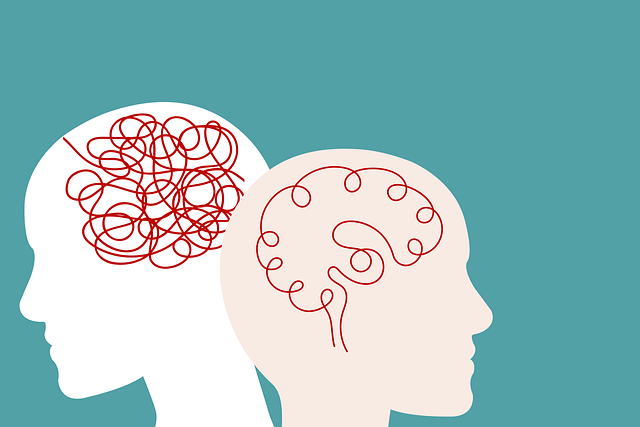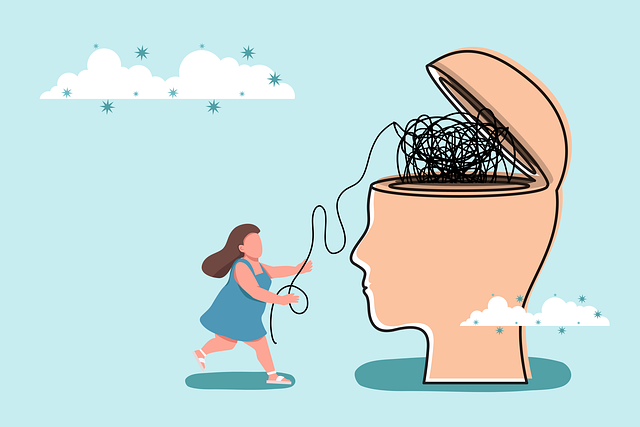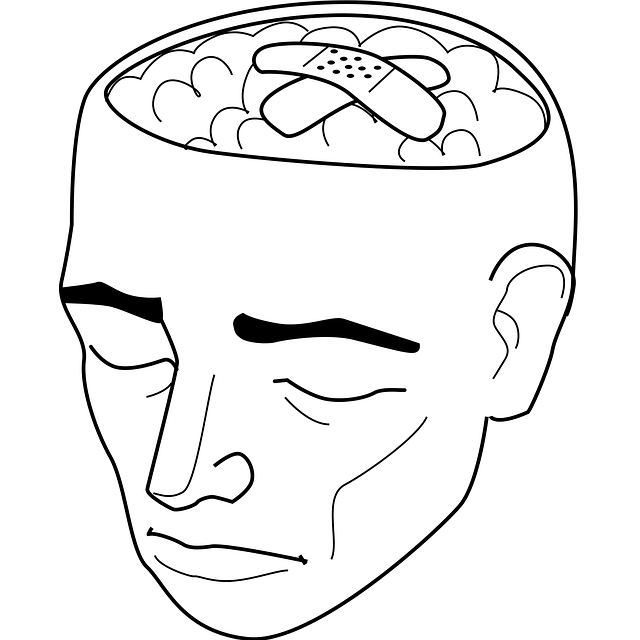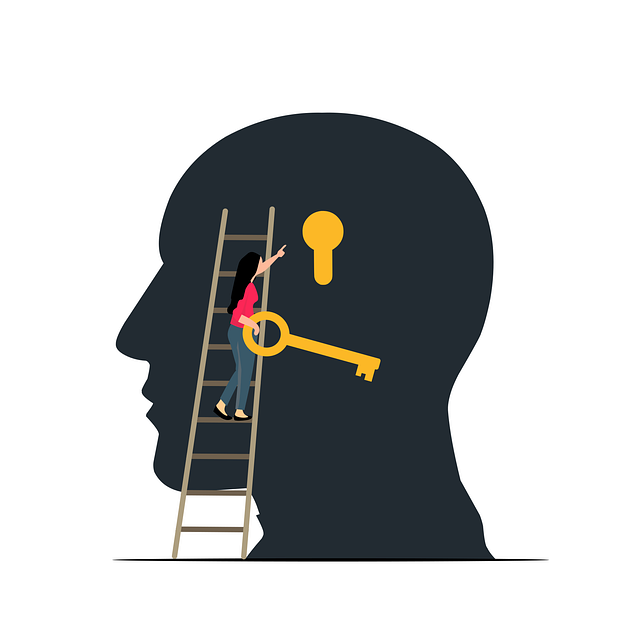Stress management workshops are crucial for adults seeking emotional regulation and mental wellness, offering evidence-based techniques like mindfulness exercises and cognitive behavioral therapy through interactive sessions in a safe, supportive environment. These workshops, catering to diverse needs and backgrounds, combine theory with practice, emphasizing active listening and personalized coping strategies tailored to unique stressors. Success is measured through attendance rates and qualitative feedback, guiding continuous improvement that extends beyond individual therapy into community resilience via Public Awareness Campaigns and enhanced therapy for adults and couples counseling services.
Stress management workshops have become vital tools in enhancing well-being, offering therapeutic benefits for both individuals and couples. This article explores the power of such workshops, delving into their positive impact on mental health. We’ll uncover how these sessions, tailored for adult and couple counseling, can be life-changing, providing practical skills to navigate stress. From designing engaging content to fostering supportive spaces, we’ll guide you through creating effective programs that leave a lasting, positive effect.
- Understanding Stress and Its Impact on Well-being
- Benefits of Workshops for Adult and Couples Therapy
- Designing Effective Stress Management Workshop Content
- Creating a Supportive Environment for Participants
- Measuring Success and Continuous Improvement Strategies
Understanding Stress and Its Impact on Well-being

Stress is an inevitable part of life, but understanding its nature and impact on our well-being is crucial. It’s more than just a temporary response to demands; it can become a chronic condition if left unaddressed, affecting both mental and physical health. In today’s fast-paced world, where adults often juggle demanding careers, family responsibilities, and personal commitments, stress management becomes an essential aspect of maintaining overall emotional regulation and mental wellness.
Workshops focused on stress management offer valuable tools for individuals and couples seeking therapy to cope with life’s challenges. Through these sessions, participants learn effective strategies for risk management planning, enabling them to navigate stressful situations with resilience. By incorporating techniques from counseling and therapy, professionals can foster a supportive environment, guiding individuals toward better emotional control and improved mental health outcomes.
Benefits of Workshops for Adult and Couples Therapy

Stress management workshops offer a powerful tool for both individual and couples therapy. These structured sessions facilitate profound emotional regulation, enabling participants to gain valuable insights into their stress triggers and develop effective coping strategies. Through engaging activities and exercises focused on mindfulness principles, attendees cultivate self-awareness, a critical component of mental well-being.
For adults seeking counseling or couples looking to strengthen their bond, these workshops provide a safe space to explore underlying issues contributing to stress. By applying mind over matter techniques, individuals learn to reframe negative thoughts and adopt healthier responses. This proactive approach empowers participants to manage stress proactively, fostering resilience and enhancing overall mental health, whether in personal or professional settings.
Designing Effective Stress Management Workshop Content

When designing a stress management workshop, it’s crucial to tailor content that resonates with participants’ diverse backgrounds and needs. Incorporating evidence-based techniques such as mindfulness exercises, cognitive behavioral therapy for adults and couples counseling, and relaxation strategies can significantly enhance mental wellness coaching programs. These practices not only help individuals develop coping skills but also foster cultural sensitivity in mental healthcare practice, ensuring inclusivity and effectiveness.
The workshop should balance theoretical knowledge with practical application, encouraging active participation through interactive activities, group discussions, and case studies. By fostering a safe and supportive environment, facilitators can guide participants in identifying stress triggers, learning healthy coping mechanisms, and integrating these strategies into their daily lives. This holistic approach, combined with cultural sensitivity, ensures that the workshop content is not only engaging but also impactful for all attendees.
Creating a Supportive Environment for Participants

Creating a supportive environment is key to successful stress management workshops. A safe and non-judgmental space encourages participants to open up about their experiences, fostering a sense of community and shared understanding. Incorporating elements of therapy for adults and couples counseling can significantly enhance this process. Facilitators should model active listening, empathy, and respect for individual boundaries, allowing each person to contribute at their own pace.
By emphasizing mind over matter principles, the workshops can help participants develop coping strategies tailored to their unique needs. This personalized approach ensures that individuals leave with practical tools to manage stress effectively, knowing they have access to trauma support services if required.
Measuring Success and Continuous Improvement Strategies

Measuring success in stress management workshops is a multifaceted process that goes beyond mere attendance. It involves assessing the impact on participants’ well-being, such as reductions in reported stress levels and improvements in mental health. Qualitative feedback through post-workshop surveys can provide valuable insights into attendees’ experiences, helping to identify what worked well and areas for enhancement. These data are crucial for refining workshop content and delivery methods.
Continuous improvement strategies draw from both quantitative and qualitative findings. By analyzing attendance rates, participant demographics, and response outcomes, organizers can tailor workshops to specific needs. Incorporating Mindfulness Meditation techniques and promoting Burnout Prevention strategies, for instance, can be targeted based on the identified challenges of participants. Moreover, leveraging Public Awareness Campaigns development to disseminate stress management knowledge and skills can foster a broader impact beyond individual workshops, contributing to a more resilient community.
Stress management workshops offer a powerful tool for promoting well-being through adult and couples therapy. By understanding stress, designing effective content, and creating supportive environments, these workshops can significantly enhance participants’ lives. Measuring success and continually improving the program ensures its long-lasting impact, making it a valuable resource for anyone seeking better mental health and balanced relationships.














